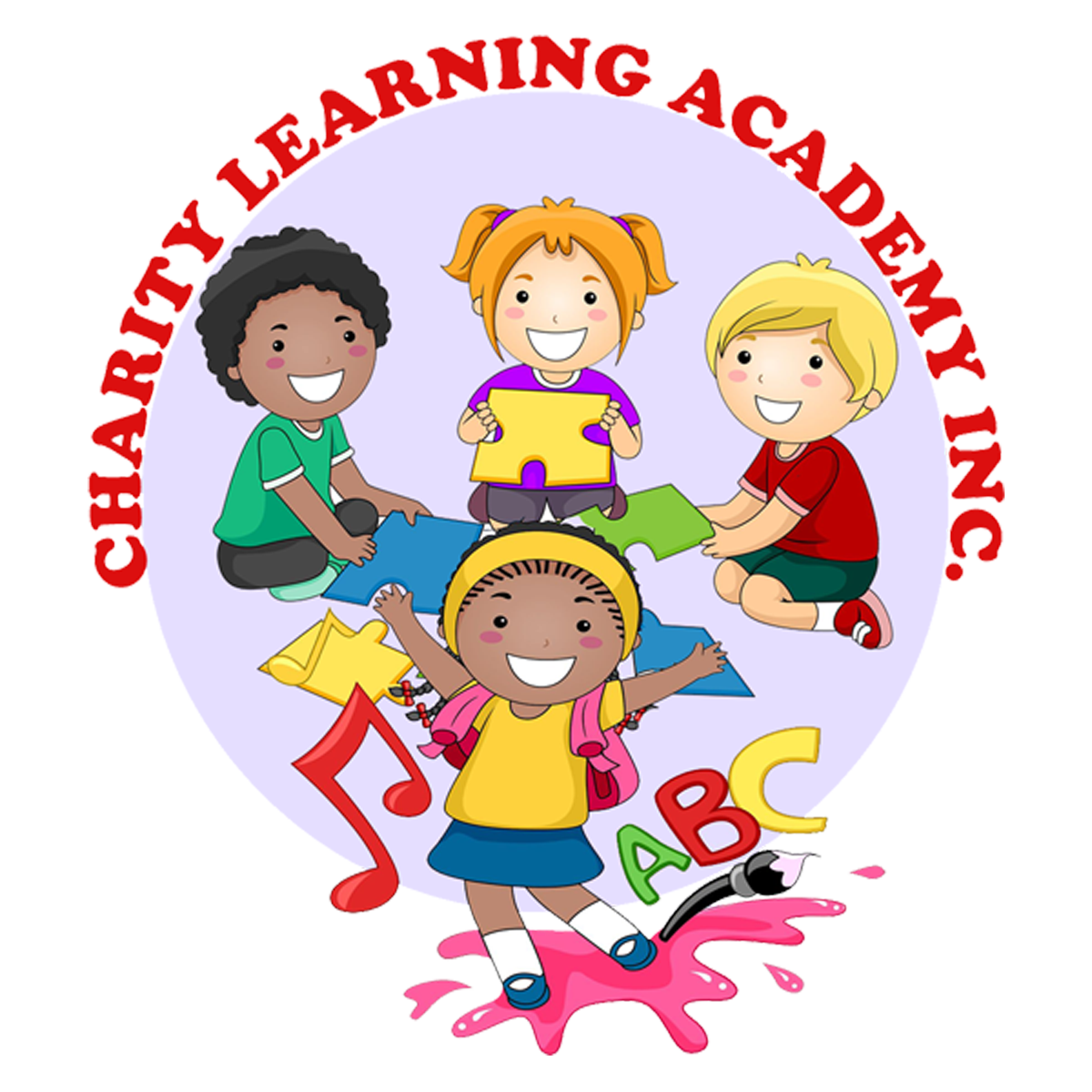Why Early Childhood Education Sets the Foundation for Success

Early childhood education (ECE) plays a critical role in shaping a child's future success, both academically and socially. The formative years of a child's life, from birth to age eight, are crucial for developing the cognitive, emotional, and social skills needed for lifelong learning and success. This period is when the brain undergoes rapid development, and the experiences children have during this time have a profound impact on their future. Early childhood education provides the structure, guidance, and opportunities that help children build the skills they need to succeed in school and beyond.
In this article, we’ll explore why early childhood education sets the foundation for success, highlighting its benefits for a child’s development, its long-term impact on academic achievement, and the important role it plays in society as a whole.
1. Brain Development in the Early Years
The first few years of life are a period of extraordinary brain growth. Research shows that nearly 90% of a child's brain develops by age five. During this time, children form the foundational neural connections that will shape their ability to think, learn, and problem-solve throughout their lives. These early experiences whether positive or negative—play a crucial role in the formation of these brain connections.
Early childhood education offers an environment where children can engage in activities that stimulate brain development. From interacting with peers and teachers to exploring their environment through play, every experience contributes to the growth of neural pathways that are vital for future learning. Educators in early childhood settings are trained to create age-appropriate activities that promote cognitive, language, and motor development.
For example, activities like storytime, singing songs, playing with blocks, or drawing help children develop their cognitive skills and improve their memory, attention span, and problem-solving abilities. These activities also help children learn how to focus and follow instructions, skills that are essential for academic success later on.
2. Building Social and Emotional Skills
Aside from cognitive development, early childhood education is crucial for the development of social and emotional skills. At this stage, children learn how to interact with others, regulate their emotions, and form positive relationships. These skills are not only important for their immediate well-being but also for their long-term success in school and life.
Through early childhood education, children learn how to share, take turns, resolve conflicts, and communicate effectively. They also develop a sense of empathy, understanding how their actions can affect others. These experiences are vital for building strong social skills and emotional intelligence, which are critical for success in school and in the workplace.
Emotional regulation is another key area that early education addresses. Children who attend quality preschool programs are often better equipped to manage their emotions and cope with stress in a positive way. This emotional resilience helps them deal with challenges and setbacks, both in school and in life.
3. Improving School Readiness
One of the most immediate benefits of early childhood education is that it prepares children for the rigors of school. By the time they enter kindergarten, children who have participated in early childhood education programs typically have a better grasp of basic academic concepts, such as letters, numbers, shapes, and colors. They are also more familiar with the structure of a classroom and how to interact with their peers and teachers in a learning environment.
Research has shown that children who attend quality preschool programs are more likely to excel in school. They have higher test scores, better attendance, and are more likely to graduate from high school. Early education programs help children develop the foundational skills they need to succeed academically, including literacy, numeracy, and problem-solving skills. Moreover, these programs often emphasize the development of executive functioning skills, such as memory, self-control, and attention, which are essential for learning and academic achievement.
4. Fostering Creativity and Critical Thinking
Early childhood education encourages creativity and fosters critical thinking, both of which are important for success in school and beyond. In a preschool setting, children have opportunities to engage in imaginative play, create art, and explore new ideas. This type of play-based learning helps children develop their creativity and ability to think outside the box. It also promotes problem-solving skills as children are encouraged to experiment, make decisions, and learn from their mistakes.
Critical thinking is another skill that is nurtured in early childhood education programs. Through activities like puzzles, games, and group discussions, children learn how to analyze situations, ask questions, and think critically about the world around them. These early experiences in critical thinking lay the groundwork for future academic success, as well as success in problem solving and decision-making in adulthood.
5. Promoting Long Term Academic and Life Success
The benefits of early childhood education extend far beyond the preschool years. Research has consistently shown that children who attend high-quality preschool programs are more likely to experience long term academic success. They are more likely to perform well in school, graduate from high school, and attend college. In fact, studies have shown that the academic gains made in early childhood education can persist into adulthood, with those who received early education often earning higher incomes and experiencing greater career success.
Moreover, early childhood education has been shown to reduce the likelihood of future social problems, such as criminal behavior or substance abuse. Children who attend preschool are less likely to be held back in school, drop out, or get involved in the criminal justice system. The skills and experiences they gain in early childhood education help set them on a path toward a brighter future, both academically and socially.
6. Addressing Disparities and Promoting Equity
Early childhood education also plays a crucial role in addressing educational disparities and promoting equity. Children from low-income families or disadvantaged backgrounds may not have access to the same resources and opportunities as their peers. However, quality early education programs can help level the playing field, providing these children with the support they need to succeed.
Preschool programs give children from disadvantaged backgrounds a strong start, helping to close the achievement gap and ensuring that all children have the same opportunities to succeed. By providing access to quality early childhood education, we can help break the cycle of poverty and ensure that every child has the chance to reach their full potential.
7. Supporting Parents and Families
Early childhood education programs not only benefit children, but they also provide valuable support to parents and families. Many early education programs offer resources and guidance to parents on how to support their child’s development at home. Additionally, these programs often provide a sense of community and support, helping parents connect with other families and access services that can enhance their child’s growth.
For working parents, quality childcare programs also provide a reliable and safe environment for their children, allowing them to balance their work and family responsibilities. This support for families is critical for the well-being of both children and parents, as it ensures that children are receiving the care and attention they need while parents are able to maintain their careers and provide for their families.
By creating a nurturing environment, as discussed in how to create a nurturing environment for your child's growth, parents can lay a strong foundation for their child's emotional and cognitive development, supporting their overall well-being.
Conclusion
Early childhood education is one of the most powerful investments we can make in a child’s future. It provides the foundation for success by fostering cognitive, emotional, and social development. Through early education, children gain the skills they need to succeed in school, build positive relationships, and navigate the world around them. The benefits of early childhood education extend far beyond the preschool years, helping children achieve long-term academic success, emotional well-being, and social stability.
By providing quality early childhood education, we not only help individual children reach their full potential but also create a more equitable and prosperous society. Investing in early childhood education is an investment in the future, ensuring that all children have the opportunity to succeed, regardless of their background or circumstances.










